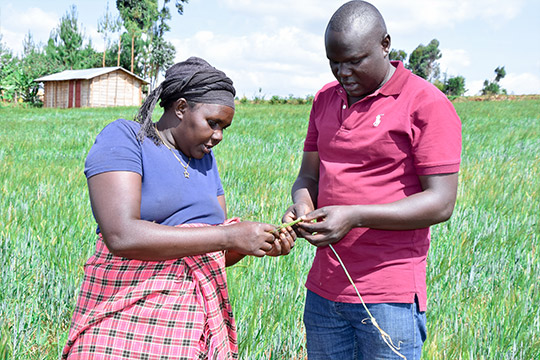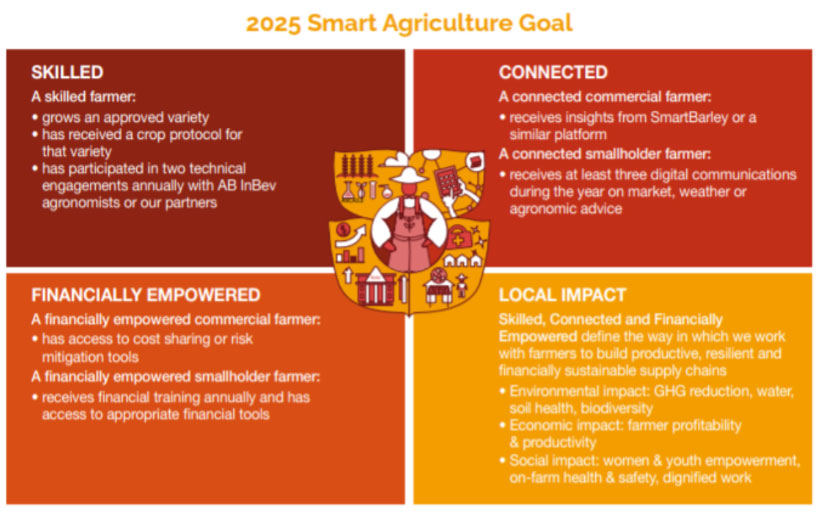EMPOWERING FARMERS
OUR APPROACH
We depend on high-quality agricultural crops from thriving communities and healthy ecosystems to brew our beers. Our Smart Agriculture Goal focuses on where we can drive the most impact: in our direct sourcing programs with our agricultural development teams who work with over 25,000 farmers across over 30 districts in Uganda to produce our four priority crops barley, maize, sorghum, and cassava.
We take a farmer-centric approach in our commitment to supporting sustainable agriculture supply chains and leverage our direct, local connection through our agronomists and researchers on the ground to reach our goal that 100% of our direct farmers will be Skilled, Connected and Financially Empowered by 2025. These three pillars outline the key elements of our work with farmers – we provide access to crop varieties, training, timely insights for better decision making and appropriate financial tools to build resilient supply chains across our sourcing regions.
Each year, we track our progress as the percentage of farmers we source from who meet the defined criteria for each goal pillar. Given that we track and report at the farmer level, transparency is foundational to our goal and the way we work with farmers. Whether we are working to improve soil health or to increase farmer profitability, our Smart Agriculture Goal provides the building blocks to drive locally relevant social, economic and environmental impact across our agricultural supply chain. As of 2022, 80% of the farmers in scope were skilled, 51% connected, and 66% Financially Empowered.
The success of our farmers and health of our sourcing regions are critical to ensuring the long-term viability of quality brewing crops, supporting thriving agricultural communities and contributing to a healthier environment.
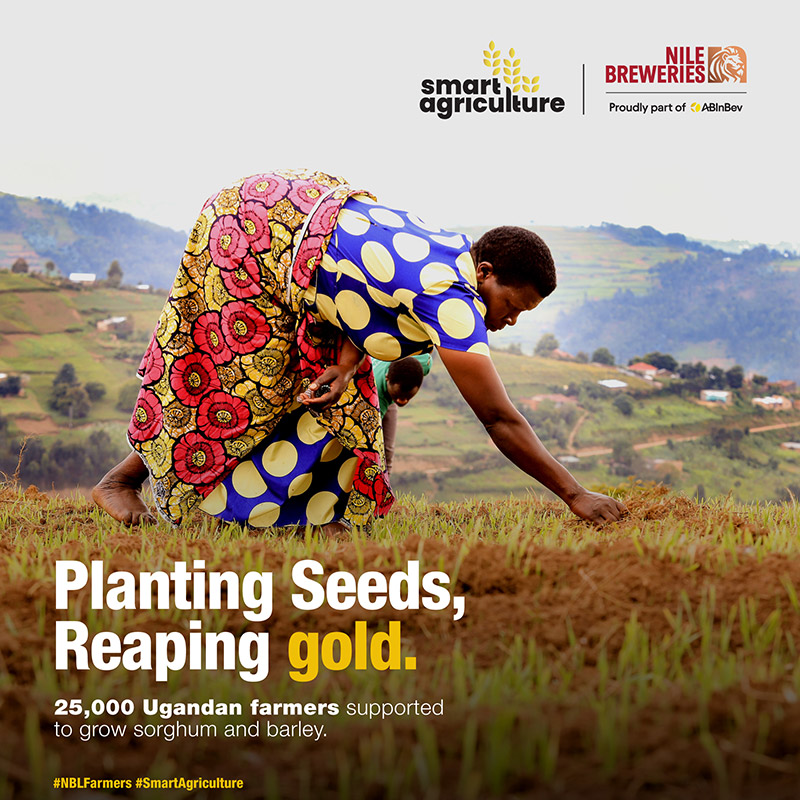
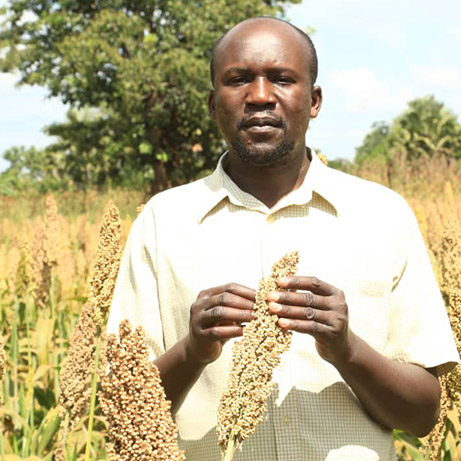
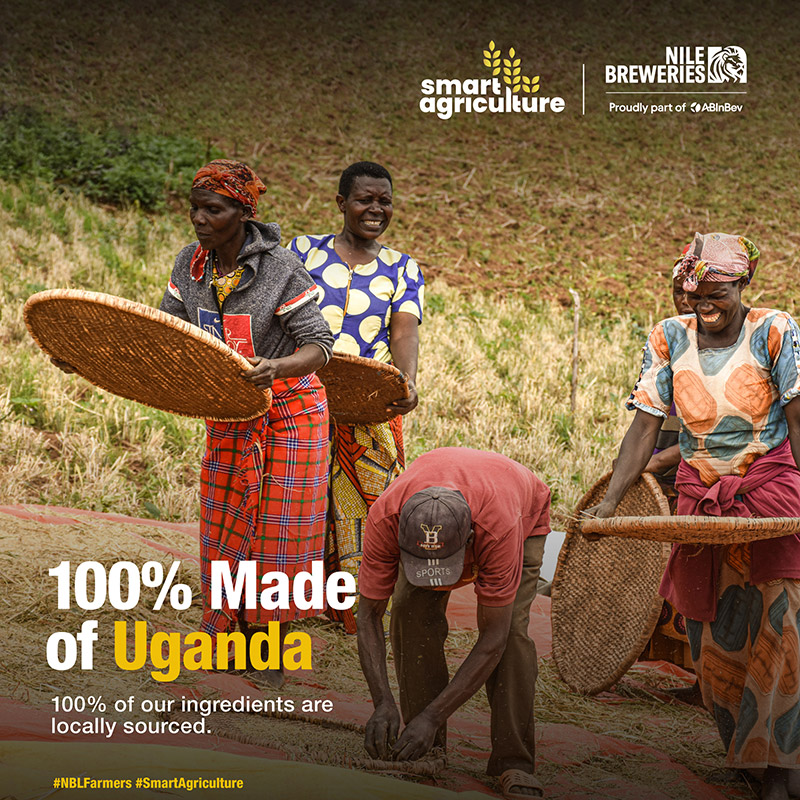
Our work with smallholder farmers
Of the more than 25,000 farmers we work with countrywide, the majority are smallholder farmers – in many geographies this means they farm less than one hectare (or 2.47 acres) of land. Although smallholder farmers were historically only able to produce crops to meet their basic needs, they are now becoming more productive and profitable with greater access to technology, resources, agricultural support and formal markets. Through local sourcing and as a part of our Smart Affordability strategy, we are creating formal markets and new sources of income for crops that have historically been grown for subsistence.
As part of our Smart Agriculture goal to Skill, Connect and Financially Empower farmers in our supply chain, we are leveraging our agronomy teams as well as partnerships and innovation to help improve smallholder farmer productivity and profitability.
Responsible sourcing
